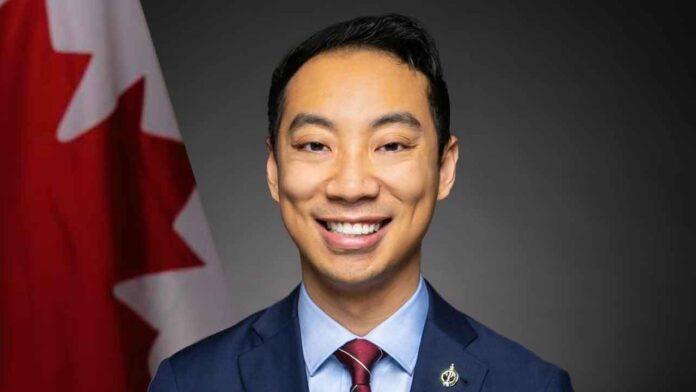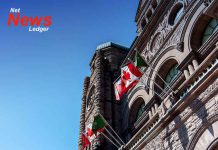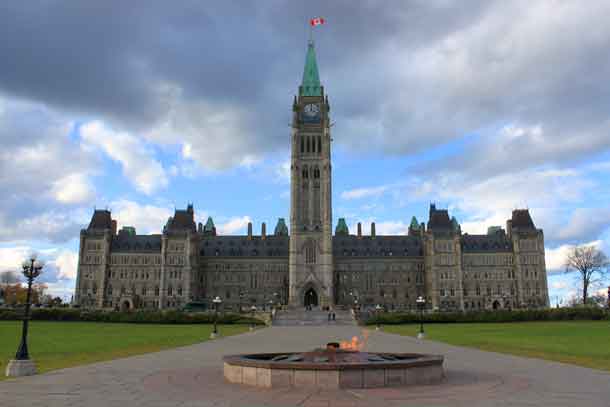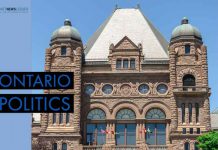The release of Canada’s Fall Economic Statement — marred by Chrystia Freeland’s unexpected resignation as Finance Minister — sent shockwaves through Canadian politics. While the federal government outlined plans for over $20 billion in new spending, ballooning deficits, and ambitious investment incentives, the spectacle of Freeland stepping down highlighted a deeper fissure in leadership.
MP Kevin Vuong (Spadina-Fort York), known for his outspoken critique of the Trudeau government’s fiscal strategy, called the #FES a “legacy of generational debt and hollow promises that do nothing to restore fairness for young Canadians.”
The economic update revealed a deficit of $61.9 billion for the last fiscal year — way beyond Freeland’s earlier commitment to cap it at $40 billion. This deficit, coupled with Canada’s rising national debt, paints a grim picture for future generations. “Justin Trudeau’s tenure has doubled Canada’s national debt. This is a fiscal time bomb for younger Canadians who will shoulder the consequences of his overspending,” said Vuong.
One notable pivot in the FES is the shift toward “investment-focused” spending. While some analysts, like Sahir Khan from the Institute of Fiscal Studies and Democracy, praised this shift, Vuong argued it comes too little, too late. “For years, the Liberals prioritized spending and wealth redistribution over real growth. They exploited unrestrained immigration to artificially inflate the economy, which has not only destroyed Canada’s immigration consensus but has also caused a host of new issues. Now, when Canadians are desperate for relief, their solution is more debt-backed spending masked as investment incentives.”
Vuong further criticized the absence of meaningful measures to address affordability, inflation, and fiscal fairness. “Food price increases are at its highest point in 40 years, interest rates, the highest in two decades, are suffocating households, and Canadians are struggling to make ends meet. This government has failed to deliver on its promises while mortgaging our nation’s future.”
Freeland’s abrupt resignation ahead of delivering the statement underscored deeper fractures within the government. Her letter, suggesting disagreement with Prime Minister Trudeau’s economic policies, has fueled opposition demands for a change in leadership.
NDP Leader Jagmeet Singh has called on the Prime Minister to resign following Freeland’s resignation. Conservative Leader Pierre Poilievre has already called for a confidence vote, with the NDP signaling willingness to force an early election if Trudeau remains as leader.
While the Fall Economic Statement offered investments to spur business growth and commitments to border security, it failed to address the immediate struggles facing Canadians, particularly younger generations. For critics like MP Kevin Vuong, the document symbolizes a government clinging to power at the expense of future prosperity.
As Canada grapples with rising debt, housing shortages, and economic uncertainty, the question remains: Can this government deliver real solutions, or will the country continue down a path of generational inequity and unsustainable spending?







